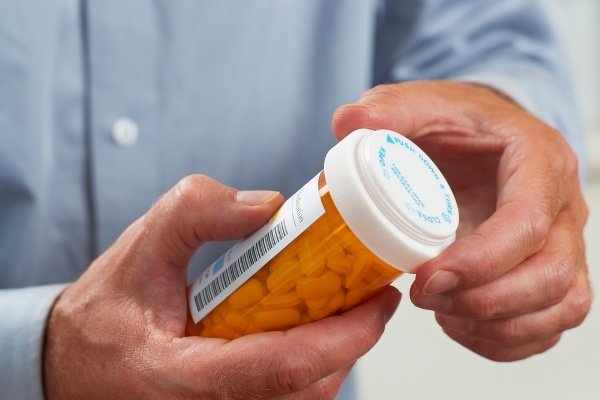Which medications come to mind when you think of diabetes? Probably insulin. Maybe a few oral medications. But did you realize there are nearly 40 FDA-approved medications for diabetes? They work in many different ways to lower blood sugar, or glucose. Here you’ll find the medications organized by their drug class followed by the names of some medications in that class. A drug class is a group of medications that work in a similar way to each other.
Alpha-glucosidase Inhibitors (acarbose, miglitol)
This type of medication limits the body’s ability to digest some types of carbohydrates, such as the starches found in bread, potatoes, and pasta. This reduces the amount of glucose that enters the blood after a meal.
Amylin Mimetics (pramlintide)
Amylin is a hormone produced by the pancreas and released at the same time as insulin. It slows the emptying of food from the stomach, reduces appetite, and stops the body from producing more glucose. An amylin mimetic acts like amylin and is taken as an injection.
Biguanides (metformin)
Biguanides decrease the amount of glucose produced by the liver. They also make muscle cells more sensitive to insulin. This helps the body to move glucose out of the blood and into the cells.
Bile Acid Sequestrants (colesevelam)
This type of medication is designed to lower cholesterol but it can also lower blood glucose. Researchers are still learning how it lowers blood glucose.
Dopamine-2 Agonists (bromocriptine)
Dopamine is a natural chemical in the body that helps regulate movement and mood. This type of medication activates dopamine receptors in the brain. It is used to treat Parkinson’s disease and attention deficit hyperactivity disorder and it can also lower blood glucose. Researchers are still learning how it lowers blood glucose.
DPP-4 Inhibitors (alogliptin, linagliptin, saxagliptin, sitagliptin)
To understand how this medication works, you need to know about incretin hormones. Incretin hormones help to reduce blood glucose levels in the body. The DPP-4 inhibitors make your incretin hormones work for longer to continue reducing blood glucose.
GLP-1 Receptor Agonists (dulaglutide, liraglutide, semaglutide, exenatide, lixisenatide)
Remember the incretin hormones? This type of medication acts like the incretin hormones. It helps the pancreas to release more insulin, decreases the glucose released from your liver, and slows the emptying of food from your stomach.
Glucagon
Glucagon is a hormone produced by the pancreas. It increases blood sugar. As a medication, glucagon is used in emergency situations when people have severely low blood glucose, or hypoglycemia, that is life-threatening. Most forms of glucagon are injectable but there is also a nasal powder.
Insulin
Insulin is the hormone that helps glucose move from the blood into the cells. It is produced by the pancreas. All people with type 1 diabetes need to take insulin because their pancreas doesn’t produce insulin. Some people with type 2 diabetes also need to take insulin. Most insulins are injectable, although there is one insulin that can be inhaled. Insulins are designed to act for different time periods in the body, such as rapid-acting (3-5 hours), short-acting (up to 12 hours), intermediate-acting (up to 24 hours), and long-acting (more than 24 hours).
Meglitinides (nateglinide, repaglinide)
This type of medication stimulates the pancreas to release more insulin. Insulin moves the glucose out of the blood and into the cells.
SGLT2 Inhibitors (canagliflozin, dapagliflozin, empagliflozin, ertugliflozin)
This type of medication works in the kidney. It helps the kidneys to absorb glucose from the blood so the glucose can be eliminated from the body in the urine.
Sulfonylureas (glimepiride, glipizide, glyburide)
This type of medication stimulates the pancreas to release more insulin. Insulin moves the glucose out of the blood and into the cells.
Thiazolidinediones or TZDs (rosiglitazone, pioglitazone)
This type of medication helps muscle and fat cells to be more sensitive to insulin. It also decreases the amount of glucose produced by the liver.
Your health care provider may prescribe more than one medication so you can get the benefits from multiple drug classes. There are also some diabetes medications that contain medications from two different drug classes in one pill or injection. It’s important to take your medications as prescribed to get the best results.
Have a question about a medication after reading this? Follow up with your health care provider for more information about your options!
